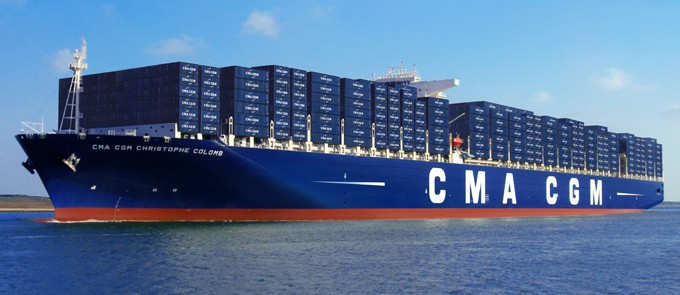Navigation Link

 May 30,2019
May 30,2019
Shipper and forwarder associations commit to reducing emissions
European shippers and freight forwarders have signalled their commitment to cutting carbon pollution by calling for a universal methodology for calculating emissions from logistics operations.
The European Shippers Council (ESC) and the European freight forwarding association (CLECAT) said the Global Logistics Emissions Council (GLEC) Framework should now be upgraded to ISO standard.
However, in a joint statement, they said it should remain a voluntary initiative led by the industry.
Between October 2016 and March 2019 CLECAT and ESC both contributed to a major initiative called the LEARN project which examined logistics emissions accounting and attempted to mobilise companies to measure and report on the carbon footprint of their logistics supply chains in a transparent way to enable reduction actions.
The LEARN project focused largely on advancing the business uptake of the GLEC Framework, which provides companies with a universal methodology to calculate emissions from logistics operations across their global supply chains.

“As part of the project, the practical applicability of the GLEC Framework was tested by over 30 companies that represent both customers and providers of freight and logistics services across different transport modes,” said the ESC/CLECAT statement.
“Accordingly, the testing results demonstrated that logistics emissions accounting works for business and is instrumental for improved efficiency and emissions reduction.
“Many companies have now formally adopted the GLEC Framework, including the largest European freight forwarders and service providers such as DB Schenker, DP-DHL, Geodis, Kuehne+Nagel and SNCF Logistics.”